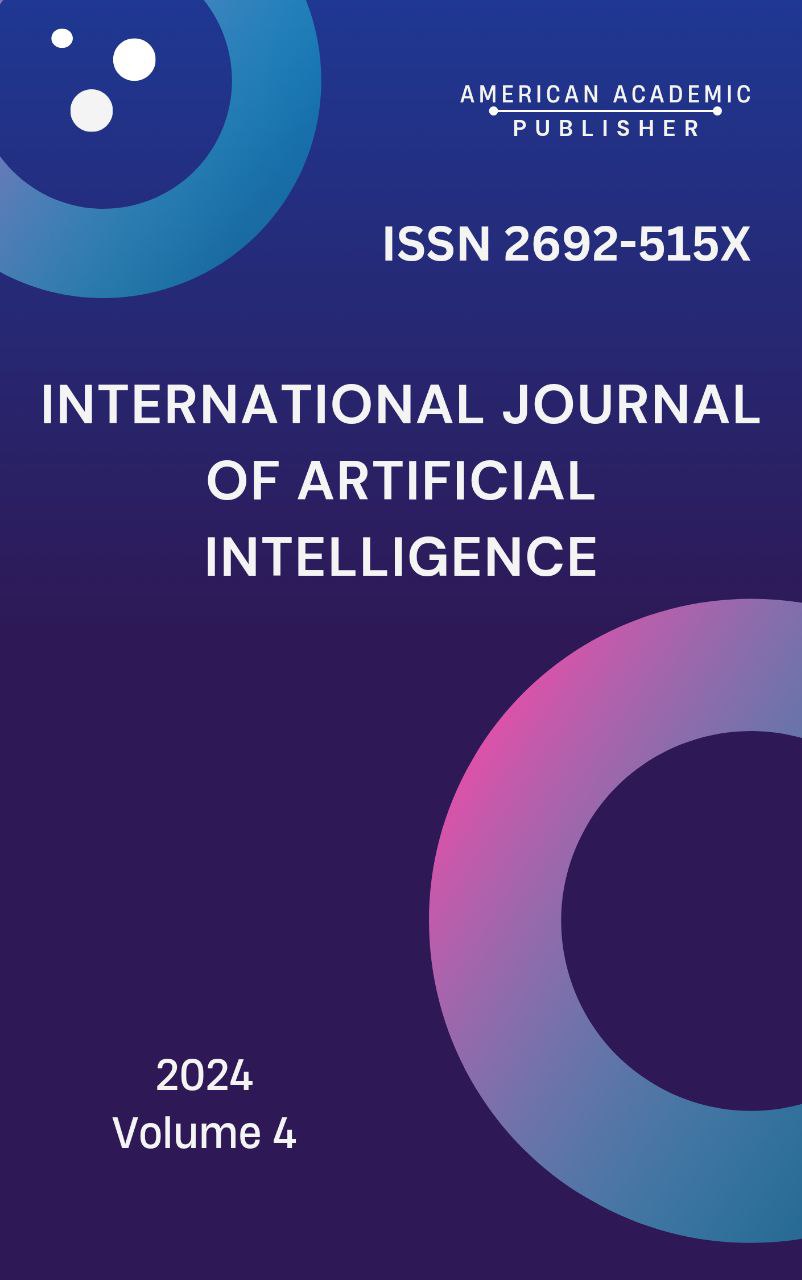 Articles
| Open Access |
Articles
| Open Access | THEORETICAL BASIS OF COMBINED APPROACH AND ACCELERATION OF THE EDUCATIONAL PROCESS
Tilovova Marjona Shavkat kizi , Tashkent State Pedagogical University named after Nizomi, “Majoring in theory and history of pedagogy (by type of activity)”.1st year graduate studentAbstract
This article explores the theoretical foundations of the combined approach and the acceleration of the educational process. The study analyzes modern pedagogical methods, their efficiency, and practical application. Results indicate that a combined approach enhances the speed and quality of education.
Keywords
combined approach, educational process, acceleration, pedagogical methods, quality
References
Kolb, D. A. (1984). Experiential Learning: Experience as the Source of Learning and Development. Prentice Hall.
Vygotsky, L. S. (1978). Mind in Society: The Development of Higher Psychological Processes. Harvard University Press.
Kolb, D. A. (1984). Experiential Learning: Experience as the Source of Learning and Development. Prentice Hall.
Siemens, G. (2013). Learning Analytics: The Emergence of a Discipline. American Behavioral Scientist.
Bergmann, J., & Sams, A. (2012). Flip Your Classroom: Reach Every Student in Every Class Every Day.
Hug, T. (2005). Microlearning: Emerging Concepts, Practices and Technologies after e-Learning.
Rosenshine, B. (2012). Principles of Instruction. Educational Practices Series.
Article Statistics
Downloads
Copyright License

This work is licensed under a Creative Commons Attribution 4.0 International License.

